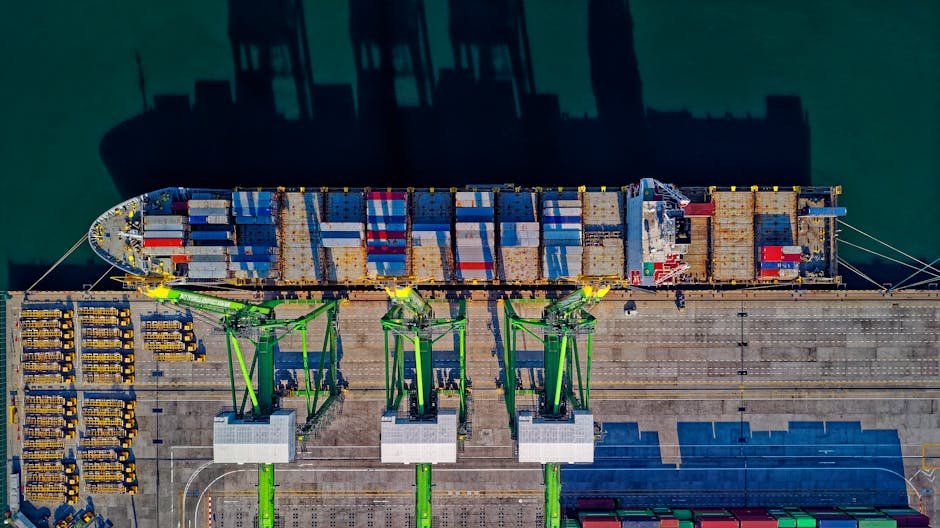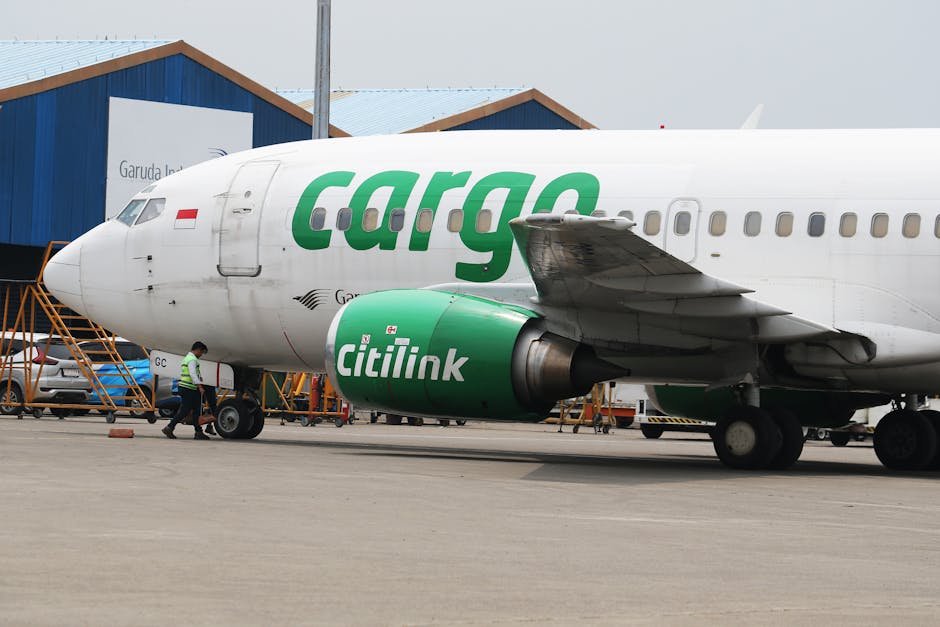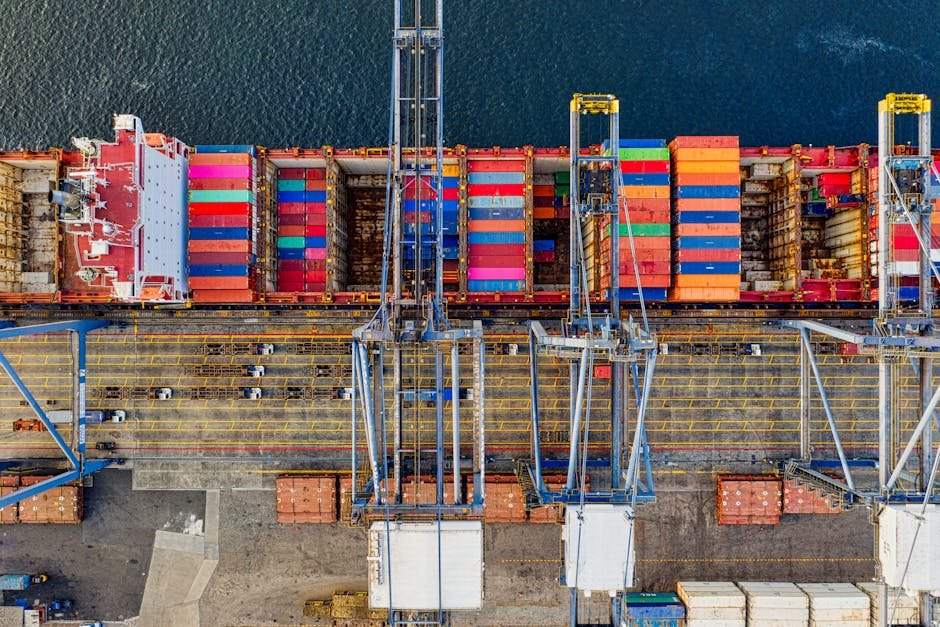When sourcing products from China, one of the most critical decisions you’ll face is how to ship your goods—sea freight or air freight? Each method has its pros and cons depending on cost, speed, product type, and urgency. As a trusted China shipping agent, we help clients make the right choice based on their unique business needs. In this guide, we break down the differences and help you decide which option is best for your shipment.
1. Understanding the Basics
Sea Freight

Sea freight involves transporting goods in containers via cargo ships. It is ideal for large or heavy shipments and is the most cost-effective solution for bulk orders.
Air Freight

Air freight involves shipping goods via cargo planes. It is faster but more expensive, typically used for urgent, lightweight, or high-value items.
2. Cost Comparison: Sea Freight vs. Air Freight
| Factor | Sea Freight | Air Freight |
|---|---|---|
| Cost per kg | Low (especially for >100 kg) | High (charged by weight or volume) |
| Transit Time | 20–40 days (port-to-port) | 3–7 days (airport-to-airport) |
| Best for | Large, non-urgent orders | Urgent, small-volume shipments |
| Customs Clearance | Slower but cost-effective | Faster, but more complex paperwork |
Tip: For shipments under 100 kg, air freight may be more economical depending on urgency and destination.
3. When to Choose Sea Freight
- You’re importing large quantities (over 2 CBM or 500+ kg)
- Delivery time is flexible
- You want the lowest cost per unit
- You’re consolidating multiple products from different suppliers
- Products are not fragile or highly time-sensitive
Common use cases: home goods, furniture, tools, clothing, general merchandise
4. When to Choose Air Freight
- You need fast delivery (for launches, peak season, or urgent restocking)
- The shipment is small or high-value (electronics, samples, fashion items)
- You’re testing a new product in a limited quantity
- The cargo is fragile or has a short shelf life
Common use cases: samples, electronics, beauty products, promotional items
5. Hybrid Shipping: The Smart Option
Many importers combine both methods for flexibility. For example:
- Air freight for initial stock to launch a product quickly
- Sea freight for larger follow-up orders to save on cost
Working with a China shipping agent allows you to coordinate both strategies and optimize your logistics plan.
6. Common Mistakes to Avoid
- Not calculating dimensional weight for air freight
- Overlooking customs and import duties
- Not planning for port congestion or seasonal delays
- Choosing the cheapest quote without service details
- Lack of insurance or cargo tracking
Tip: A professional shipping agent helps you avoid these issues and ensures your goods arrive safely and on time.
7. How a China Shipping Agent Can Help
Choosing the right freight option involves more than comparing costs. As a full-service China sourcing and shipping agent, we provide:
- Accurate freight quotes for both air and sea
- Customs documentation and compliance support
- Shipment consolidation from multiple suppliers
- FCL (Full Container Load) and LCL (Less than Container Load) coordination
- Tracking, insurance, and delivery updates
With offices in Yiwu, Shenzhen, and Guangzhou, we ensure smooth cargo movement from factory to final destination.
Conclusion
Both sea and air freight have their place in your sourcing strategy. The best choice depends on your product type, urgency, and budget. Understanding the pros and cons of each method—and working with an experienced China shipping agent—can help you reduce costs, avoid delays, and deliver with confidence.
Need help planning your next shipment? Contact us now for a custom freight quote.



